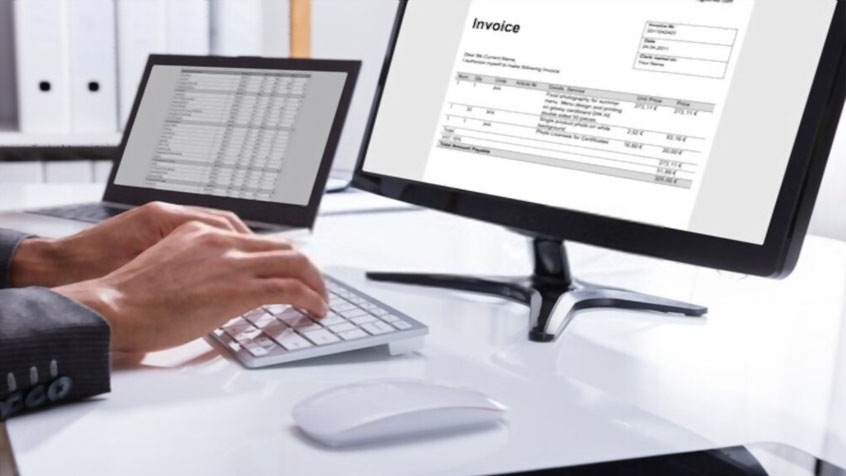Articles >
HMRC Invalid Invoice Guidance

February 12, 2021
Steps to be considered if you hold an invalid VAT invoice
To claim input tax, VAT registered businesses in the UK have to furnish valid VAT invoices as evidence. All VAT registered businesses in UK must issue a valid VAT invoice showing VAT payment whether in paper or electronic form. They must also maintain records for all the sales invoices they issue even if they produce one by mistake or cancel them out, similarly they should maintain records for all purchase invoices for all the goods and services they buy. An invalid invoice is one which doesn’t meet the requirements as listed in paragraphs 16.3 or 16.6 of HMRC invalid invoice guidance. HMRC is empowered by the VAT regulation 29 to allow an input tax claim to those businesses which do not hold valid VAT invoices. If you have an invalid invoice then the first thing you should do is contact your supplier and request for a valid invoice which meets these requirements. If somehow this is not possible and this can be proved then you’ll need to satisfy HMRC that the following criteria have been met:
- - Supply of goods and/or services has taken place
- - Supply has taken place in the UK
- - Taxable rate of VAT is standard rate or reduced rate
- - Supplier of goods/services has registered for VAT in the UK, or is required to be registered
- - Supply is made to the business person who is claiming the input tax
- - The person who is claiming input tax has registered for VAT
- - The recipient of goods or services will use it for business purposes
You may also produce other evidence to show that the transaction has occurred.
Scenarios in which HMRC will exercise its discretion
Only when the HMRC is sufficiently satisfied that the supply has taken place despite the invoice being invalid, HMRC’s will allow a claim for input tax. However, the important condition to be fulfilled is that the supply should have been made to the person claiming the input tax.
HMRC may consider exercising its discretion when it’s satisfied that the business has taken reasonable and sufficient steps to comply with the legislation. However it will not exercise its discretion when it believes that a business has systematically failed to obtain a valid VAT invoice and in such a case the recipient of goods will not be able to claim the input tax when it submits HMRC VAT return.
Evidence Required
The evidence furnished should support that a transaction has occurred on which VAT was charged. There’s no definite list regarding the type of evidence required, as situations would vary. However, following evidences may qualify:
- - Bank statements which show that payment has been made by the recipient to the supplier
- - Purchase orders
- - Certain evidences which support negotiations that have taken place between the recipient and the supplier
- - Business contracts/agreements done between recipient and the supplier
- - Documents which prove that transportation, storage or insurance of the goods has taken place
- - Any other documents which can act as a proof to show that transaction has taken place between the recipient and the supplier
Contact us today
Doshi Accounting has more than two decades of experience in providing top-notch VAT and accounting services to many clients throughout the UK. Our quality of work and testimonials speak for themselves! Whatever is the size of your business or the sector that you operate in, we will listen to all your needs and can offer comprehensive guidance regarding the aforementioned topic and many more such VAT related issues.

